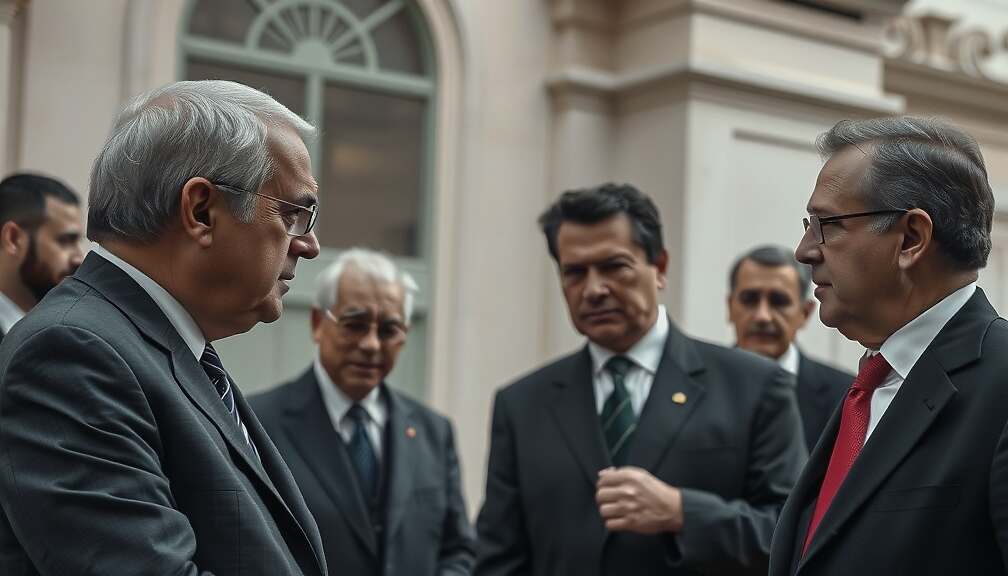Taiwan’s Deputy Foreign Minister Wu Chih-chung has issued a stark warning to former U.S. President Donald Trump, urging him not to abandon the island nation amidst escalating tensions with China. In an interview with the Frankfurter Allgemeine Zeitung, Wu asserted that Trump’s promise to “make America great again” necessitates a firm commitment to Taiwan, emphasizing the island’s substantial $800 billion economy and its position as the U.S.’s seventh-largest trading partner. He specifically highlighted the critical interdependence of the two nations within the global semiconductor ecosystem, a sector where Taiwan holds a dominant position.
Wu acknowledged a period of unprecedented strength for Taiwan, while simultaneously expressing concerns about the heightened threat from Beijing. “If you are strong and attractive, you draw attention” he stated, an implicit reference to China’s increasing military pressure and diplomatic efforts to isolate Taiwan.
Anticipating a potential meeting between Trump and Chinese President Xi Jinping in South Korea, Wu adopted a measured tone, recognizing the need for dialogue with Beijing. However, he cautioned against sacrificing Taiwan’s security for the sake of improved relations. “He must talk to China” Wu conceded, “but there is no reason why the U.S. should sacrifice Taiwan for better relations with China”. He warned that such a maneuver would severely damage U.S. credibility in the region, sending a detrimental signal to allies like the Philippines, Japan and South Korea.
Addressing concerns raised by recent U.S. tariffs on Taiwanese goods – reportedly hovering around 20% – and reports of a delayed military package for Taiwan, Wu characterized the tariffs as unconfirmed. He pointed out that during Trump’s previous term, he authorized the exchange of advanced weaponry and cited ongoing statements from figures like Senator Marco Rubio and Secretary of State Pete Hegseth as evidence of continued U.S. interest in regional stability.
Wu underscored the crucial role of Taiwan’s semiconductor industry, particularly the operations of Taiwan Semiconductor Manufacturing Company (TSMC), not only for Taiwan’s own defense but for global economic and national security. The establishment of TSMC’s European Semiconductor Manufacturing Company (ESMC) in Dresden, Germany, he asserted, provides security not just to Taiwan, but extends that protection to Germany, Japan and the United States. He directly linked this industrial expansion to recent diplomatic gains, notably the first playing of Taiwan’s national anthem at a German Unity Day reception in Taipei. The deputy minister also highlighted the recent visit of the Saxon State Minister Michael Kretschmer, a significant shift from previous hurdles faced by Taiwanese officials seeking engagement with European leaders.



